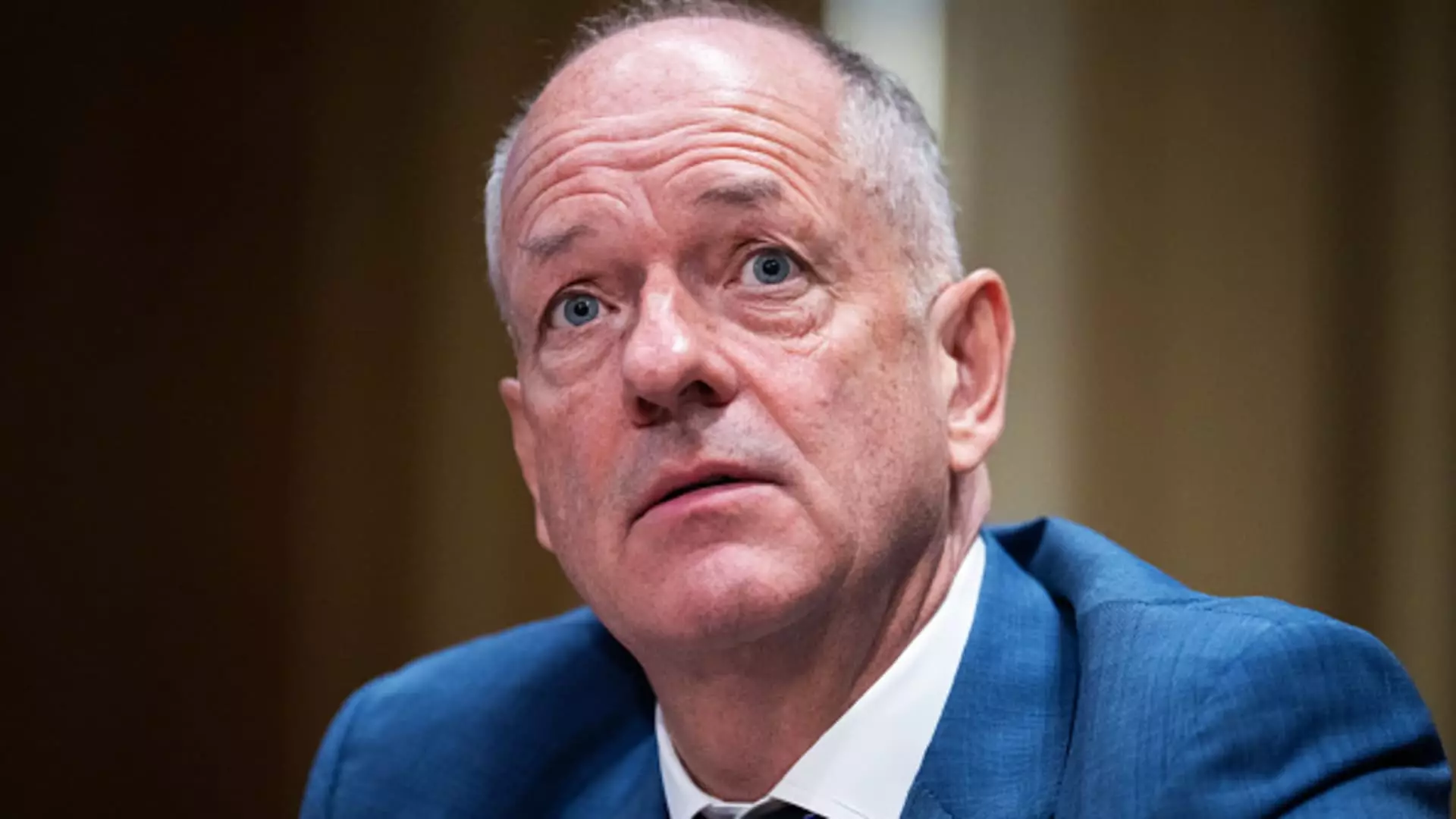The healthcare industry recently received a jarring shock with the tragic death of Brian Thompson, the CEO of UnitedHealthcare, the largest private insurer in the United States. Andrew Witty, the CEO of UnitedHealth Group, took to the op-ed pages of the New York Times to express his sorrow and reflect on the challenges within the American healthcare system. Thompson’s untimely demise, reportedly at the hands of a critic of the industry, has spotlighted not only the need for reform but also the frustrations many Americans feel towards healthcare providers and insurers alike.
Witty did not hesitate to acknowledge the systemic flaws that permeate the U.S. healthcare framework. He articulated a sentiment that resonates with many: “No one would design a system like the one we have.” This frank admission highlights the complexities and inefficiencies that have been allowed to evolve over decades, leading to a fragmented healthcare experience for consumers. Many people have encountered obstacles such as inflated costs, denied claims, and confusing policies, generating widespread dissatisfaction and anger.
Moreover, the sentiment against insurers has grown, often characterized by a perception that they prioritize profit over patient care. Rising premiums, unexpected medical bills, and a general lack of transparency have fostered distrust, breeding an environment in which stories of negative experiences are shared widely on social media. This narrative paints insurance companies as scapegoats in the broader crisis of healthcare accessibility.
In the wake of Thompson’s death, the focus on improving the healthcare system has intensified. Witty emphasized that UnitedHealth’s mission is to rectify the inefficiencies and improve healthcare outcomes. He stated a willingness to collaborate with various stakeholders, including healthcare providers, patients, and governmental agencies, in an effort to create a more cohesive and effective system.
He urged a reassessment of how insurers communicate their coverage policies to customers, positing that enhancing clarity could alleviate some of the frustrations that patients experience. Acknowledging that certain claims decisions are backed by scientific evidence aimed at ensuring patient safety did not excuse the necessity for improvements in communication. This call to action resonates strongly with a populace eager for change.
The Path Forward
Witty’s reflections come during a tumultuous time for the insurance industry, which is grappling with myriad challenges and pressures to maintain profitability. However, this situation also presents an opportunity for transformation. Insurers like UnitedHealthcare must embrace transparency, advocate for patient rights, and work diligently to provide clear explanations of coverage and benefits.
As the U.S. healthcare system stands at a crossroads, stakeholders from all sides must acknowledge and address these deep-rooted issues. Thompson’s legacy and the current climate should serve as a powerful reminder that reforms are not merely necessary; they are urgent. Only through collective efforts can the objective of delivering high-quality care at manageable costs be realized, potentially restoring faith in an industry tasked with safeguarding the health of millions.

